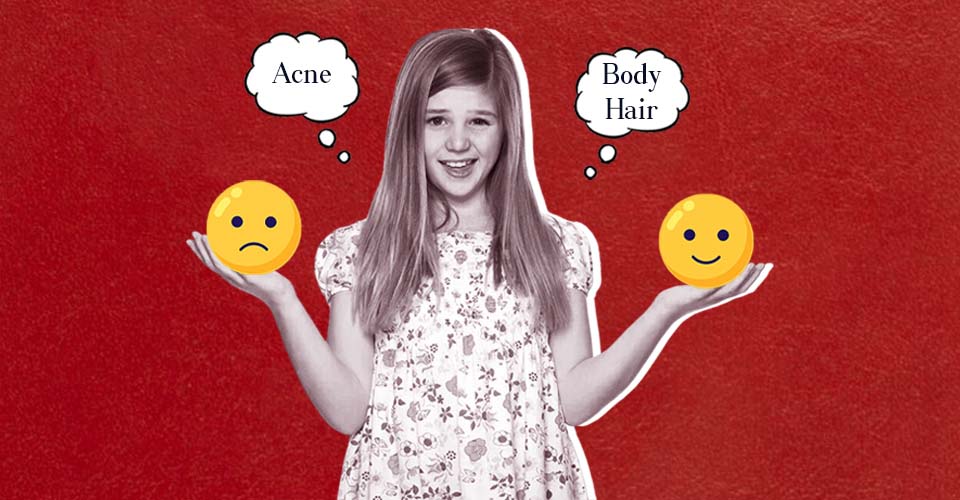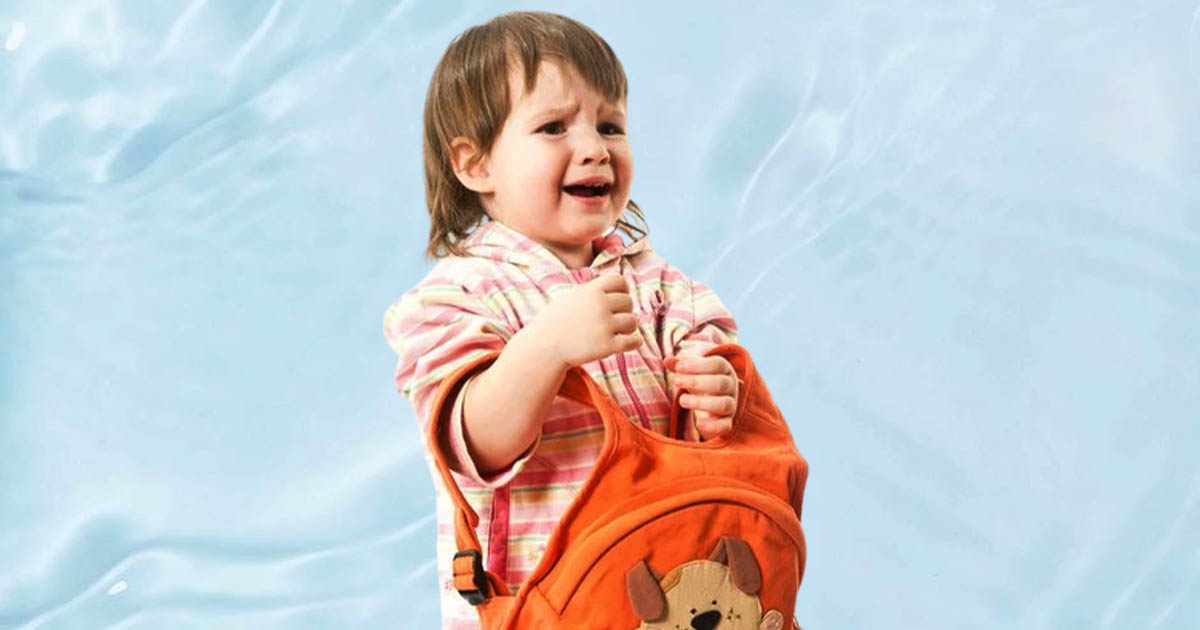Parenting can sometimes feel like an unsolvable puzzle and learning attachment parenting meaning and how it works could be your cheat code to parenting success.
In the 1950s, psychologist John Bowlby first developed the concept of attachment theory. He said that babies need to feel close and safe with someone to grow up happy and healthy. This idea sparked a way of parenting focused on being attentive and caring.
In this article, we’ll explore what attachment parenting is all about. From the simple things, parents can do to build those strong bonds to the challenges they might face along the way. So, grab a seat, and let’s dive into the world of attachment parenting together!
Understanding The Attachment Parenting Meaning
Attachment parenting is all about forming a strong emotional bond between a caregiver and a child. It’s based on Bowlby’s attachment theory developed in the late 1950s.
This theory suggests that infants look for an “attachment figure” to help them feel safe and secure, as well as physically protected.
Bowlby discovered that when animals were raised with warmth and tenderness, they had better mental health than those who were simply fed. This way of parenting encourages care-givers to consistently meet their child’s needs in order to build trust.
There are so many positive outcomes that come with having secure attachment: better emotional health, stronger relationships — the list goes on. On the flip side, lacking one can lead to trouble later in life like struggling to make connections with others or anger issues.
It’s clear that forming healthy attachments at a young age drastically improves a person’s chances of bonding successfully throughout their lifetime. Let’s take a closer look at these benefits!
Read More: Understand What Is Parenting And Discover The Most Important Parenting Skills
Benefits of Attachment Parenting
Attachment parenting offers several unique benefits that foster the emotional and developmental well-being of children while enhancing the parenting experience.
Here are five unique benefits of attachment parenting style:
1. Builds trust with children:
Attachment parenting is meant to create a bond between parents and their children. By doing things such as co-sleeping, babywearing, and responsive caregiving, this can help build a strong relationship between the two later on in life.
2. Encourages Caregiving:
By paying attention to your child’s needs and helping them find comfort when they need it, you can help them feel valued and understood. When children have this type of love shown to them, it helps build trust for the future.
3. Breastfeeding Support:
When it comes to extending breastfeeding, attachment parenting means encourages moms to do so because it provides excellent nutrition for your child. It also boosts their immune system and helps bond with mom.
4. Emotional intelligence
By keeping your baby safe in practices like co-sleeping and babywearing, attachment parenting can help develop emotional intelligence early on in life. This will help them recognize how they’re feeling along with others’ feelings.
5. Parent Satisfaction
When you focus on building a strong relationship with your child while making sure they are comfortable, this promotes parental satisfaction and confidence. These types of deep connections lead to increased fulfillment in the role of being a parent.
Overall the benefits listed show how powerful attachment parenting can be for both the parent and child — providing an emotionally intelligent upbringing that is secure and lovingly rich.
Read More: What Are Parenting Styles? Explore Different Types Of Parenting Styles And It’s Impact On Children
7 Helpful Tips For Attachment Parenting
The concept of attachment parenting meaning involves a set of practices that enhance the bond between parents and their children.
These practices, rooted in sensitivity and responsiveness to a child’s needs, aim to promote secure attachment, emotional well-being, and developmental growth.
Here are seven helpful tips for practicing attachment parenting effectively:
1. Priority One: The Bond
The very beginning of a child’s life is crucial for them to establish a firm attachment to their parents. Things such as skin-to-skin contact, breastfeeding, and responsive caregiving help with creating an emotional connection between parent and child.
This early bonding will last throughout the entirety of the relationship between parent and child, helping the kid grow emotionally and physically.
2. Feeding Promptly:
Instead of following a strict schedule based on time, you should be following your baby’s cues for hunger and fullness instead. This helps them feel more secure with you and trusting towards you.
Breastfeeding holds nutritional benefits for the baby but also fosters a strong emotional connection between mom and child as well.
3. Carry ‘Em Close
Using a sling or carrier to carry your baby around can satisfy their need for physical contact, warmth, and security that they still crave from being in the womb so long. It also simulates body warmth and heartbeat which eases the transition from womb to world.
5. Safe Co-Sleeping:
Quickly responding to your baby’s needs during sleep can foster a sense of security in them when it comes to nighttime feeding.
6. Listen to Their Cries:
View crying as a form of communication rather than just an annoyance that you want out of earshot helps parents meet their child’s needs promptly and effectively. This approach fosters trust and reassurance, teaching the child that their signals will be heard && addressed.
7. Show Consistent Love:
Kids love knowing what’s coming next or at least having some sort of idea about how things are going to work each day; they appreciate consistency! By being consistently responsive to your own kid’s needs, this builds up a secure base from which they can explore the world outside – knowing full well at any given moment they’ve got someone watching over them that loves ‘em like no one else could.
8. Teach Instead of Punish :
Positive discipline focuses on teaching and guiding rather than punishing for things done wrong. When the child can understand why they shouldn’t have been doing whatever it was then the parent is more patient and empathetic, in turn supporting their emotional development and strengthening the parent-child bond.
It’s important to know that attachment parenting is much more like a philosophy than a rule book. Parents are encouraged to be flexible as well as responsive to their child’s developing needs; this connection will support them holisticly through life. Every family is different though && so these principles should always be adapted in ways that make sense for you and your child.
Read More: What Is Permissive Parenting? 8 Benefits and Drawbacks
Criticisms of Attachment Parenting
Attachment parenting, while celebrated for its focus on building strong emotional bonds, faces several criticisms.
Some of the criticisms of attachment parenting are:
1. Overwhelming Requests:
Attachment parenting can be emotionally and physically exhausting, potentially causing neglect of self-care for parents. The intense concentration on meeting a child’s needs 24 hours a day can leave no time or energy for personal well-being and may contribute to burnout.
2. No Independence:
Critics argue that attachment parenting could prevent a child from being independent. The constant closeness and responsiveness could limit their opportunities to develop individual skills and gain independence, which might affect their ability to navigate the world alone.
3. Inflexibility:
The strict adherence to attachment parenting is inconvenient for modern parents or families with many children. Constant contact and immediate response are difficult to provide when working or dealing with other family members, making it harder to implement.
4. Inconsistent Research Results:
Studies vary on whether attachment parenting affects long-term development in children. Some show no significant difference in attachment security compared to other styles of nurturing, raising uncertainty about its efficacy.
5. One-size-fits-all Approach:
Not all children thrive under the same kind of nurturing, so it’s important for parents to find strategies that suit them individually. While attachment parenting might work for some families, others may find that their children have different needs or temperaments that require alternative approaches to promoting emotional growth.
Read More: What Are Family Dynamics? Is Your Family Dynamics Uplifting or Weighing You Down?
A Word From Mind Family
Reflecting on attachment parenting, we have to acknowledge that families’ experiences differ. While this style of parenting leans into forming strong bonds with children, and offers many unique advantages in doing so.
Benefits like enriched parent-child relationships and mental stability are obviously there.
However, critics have pointed out how demanding such a style of parenting can be. This could result in parents neglecting their own well-being. Some also believe that it hinders independence and simply doesn’t work for todays modern family structures.
But don’t get us wrong! As Mind Family, we’re all for balance! It’s important to understand that each family is unique in what they go through, good or bad. The flexibility within attachment parenting principles is key when adapting to what you need.
Frequently Asked Questions (FAQs)
1. What is the attachment parenting style?
Attachment parenting emphasizes forming strong emotional bonds between parents and children through practices like responsiveness, closeness, and nurturing care from birth.
2. What are the benefits of attachment parenting?
The benefits of attachment parenting include promoting secure attachment, enhancing emotional intelligence, supporting breastfeeding, and increasing parental satisfaction and confidence.
3. What are the criticisms of attachment parenting?
Criticisms of attachment parenting include overwhelming demands on parents, potential hindrances to child independence, inflexibility, inconsistent research findings, and its one-size-fits-all approach.


















Leave a Reply